Green Swiss firms eye lucrative Chinese market
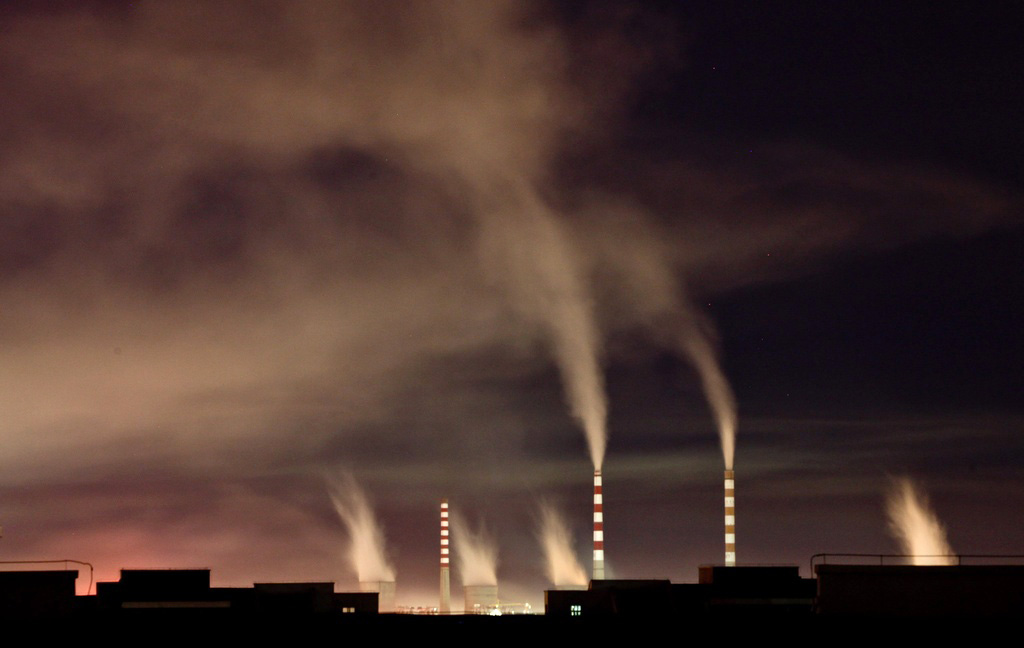
An increasing number of Swiss companies specialised in environmentally-friendly technology are seeking access to the vast and lucrative Chinese market.
The Chinese government is investing billions to promote energy efficiency and renewable energy sources such as water, wind and solar power.
A truly European project, more eco-friendly and sustainable than projects in Europe itself, is being built in the middle of the dry wasteland of northern China.
But the driving force behind it is not Switzerland or even the European Union.
“It is a project for the development of a new urban neighbourhood in the city of Ordos, an administrative centre of Inner Mongolia in northern China,” said Diego Salmeron, chief executive of LEP Consultants, a spin-off from Zurich’s Federal Institute of Technology.
It is an ambitious venture to be completed in Chinese style. A housing project with European architecture for about 45,000 residents is to be developed in a semi-desert region.
“There will be French, English, Italian, German and of course also Swiss parts,” said Salmeron.
He has negotiated a contract with local Chinese partner over the past few months. “The partner asked me to come up with a preliminary study for the zoning and town planning.”
The aim is to build an environmentally sustainable neighbourhood.
“We have in mind the Swiss Minergie standard [low energy consumption] or to build solar panels and windmills in the German quarter,” Salmeron added.
Huge market
LEP Consultants is one of many Swiss companies eying the Chinese market. An estimated 150 Swiss cleantech firms are currently active in China.
“China is an enormous market and the need for development in the cleantech sector is huge,” said Rolf Häner, managing director of Cleantech Switzerland’s the export platform.
He adds that the Chinese government pledged investments to the tune of SFr150 billion ($169.4 billion) to promote green technology.
China is the leading producer of solar energy, ahead of the United States. Six out of ten major producers of photovoltaic cells are also Chinese, according to the 2010 list by the market research agency Bloomberg New Energy Finance.
Nevertheless, the Chinese economy is still highly dependent on coal for the time being. As a result many of its cities and rivers are among the worst polluted in the world and the air quality is poor.
“China requires the whole range of products that the Swiss cleantech industry can offer,” said Häner.
Energy efficiency
To “improve the purification and the treatment of gas” the management of a Chinese incinerator is planning a partnership with a Swiss firm, according to Cleantech Switzerland.
A company in Beijing is also looking for a specialised Swiss engineering company.
Companies offering specific energy-efficient solutions are best placed to win a contract, says Häner. He acknowledges that it is not easy to get into the Chinese market and be successful.
“It is crucial to have a good product and to be able to rely on a huge network of contacts, both within the government and the public sector. The competition out there is extremely tough,” Salmeron said.
Another obstacle is the language barrier, a very common phenomenon, and being able to show reference projects to potential business partners, says Häner.
“The key to success is ultimately having good relations with the right people.”
Prospects
To this end the Cleantech Switzerland platform, set up last year, and its experts are supporting big and small companies in their efforts to enter emerging markets, including China and India.
The number of Swiss companies active in China is likely to increase, possibly even at an exponential rate.
“If our draft concept is accepted we will start working on a preliminary project,” said LEP Consultant chief executive Salmeron.
“At that stage we will try to involve other Swiss companies to deal with specific aspects of the project. As a consultancy we can take the lead,” he said.
Switzerland has an excellent reputation and it is seen as a symbol of quality and reliability. However, that is no reason to rest on its laurels.
“If Switzerland wants to play a leading role in green technology it has to push eco-friendly projects abroad, but also on the domestic market,” Salmeron said.
Cleantech is a term used for technologies, processes, goods and services aimed at reducing the harmful impact on the environment and promoting the sustainable use of natural resources.
It can be applied to all sectors of commerce and industry, notably waste management, air quality, energy efficiency, transport, site remediation and waste water treatment.
Around 160,000 people in Switzerland (4.5% of the total workforce) are active in the cleantech sector.
They produce about SFr20 billion in added value, the equivalent of 3.5% of GDP, according to 2008 statistics.
Some 38% of Swiss cleantech companies export their products and services, compared with 12% of total Swiss firms.
Cleantech exports made up about 15% of total Swiss exports between 1996 and 2008, according to official foreign trade statistics.
(Adapted from Italian by Urs Geiser)

In compliance with the JTI standards
More: SWI swissinfo.ch certified by the Journalism Trust Initiative
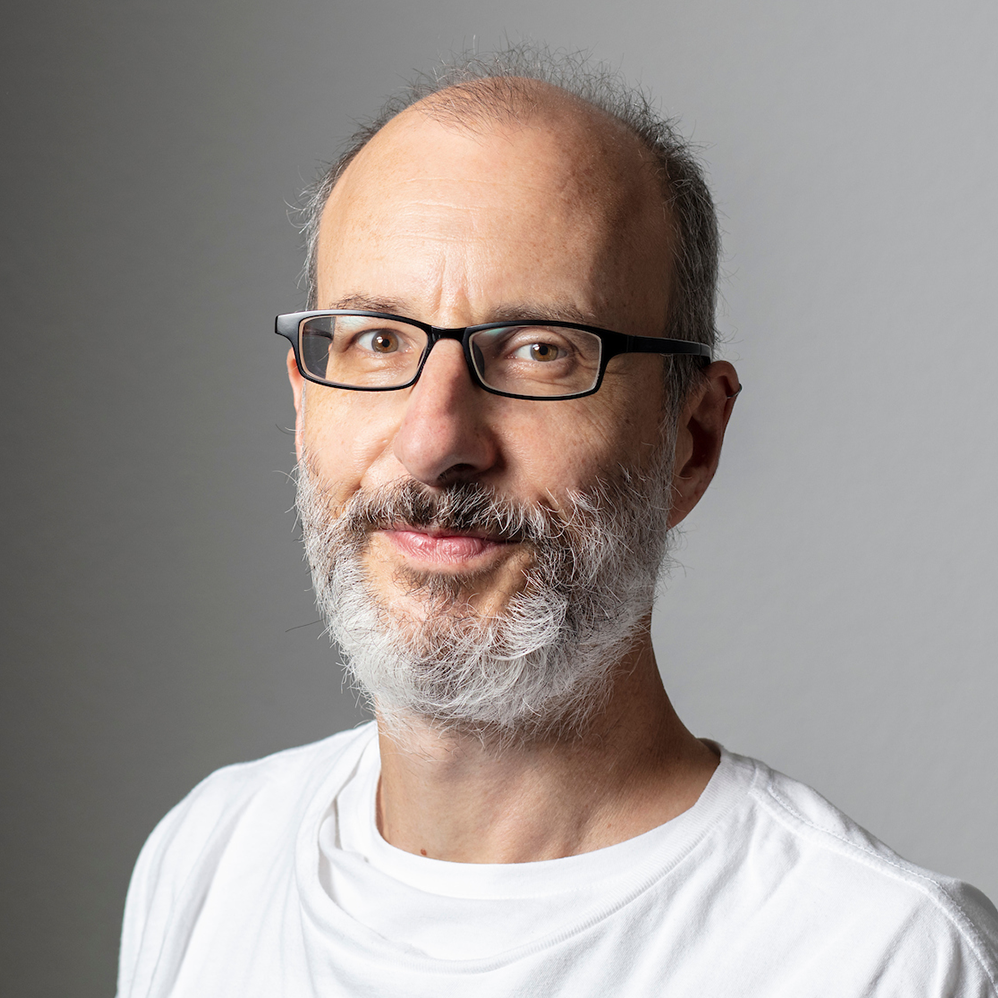
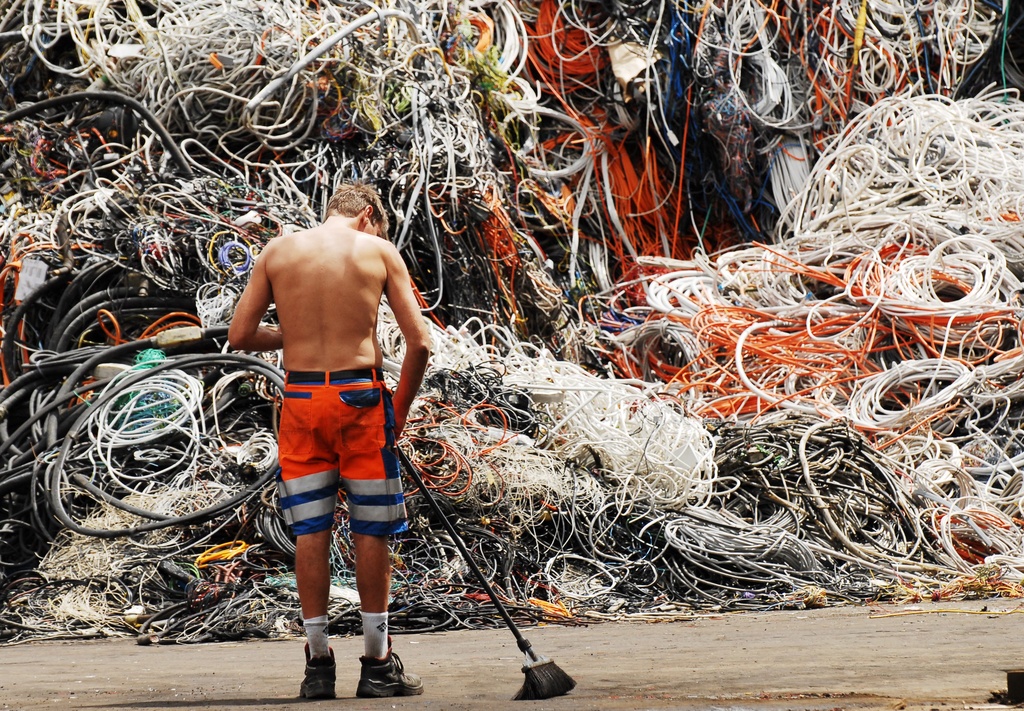
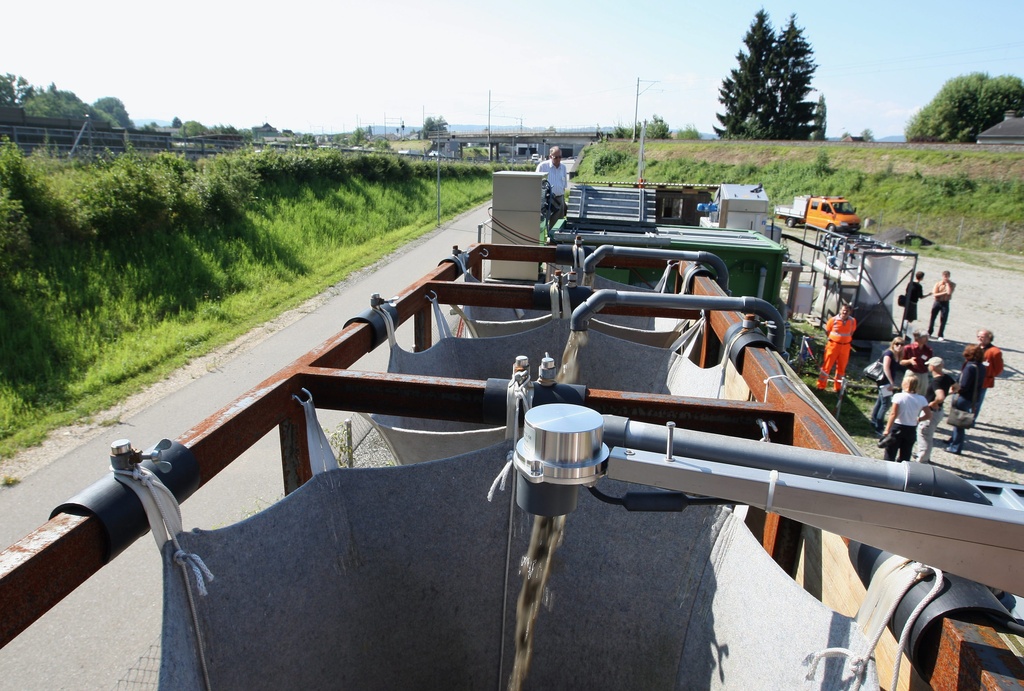
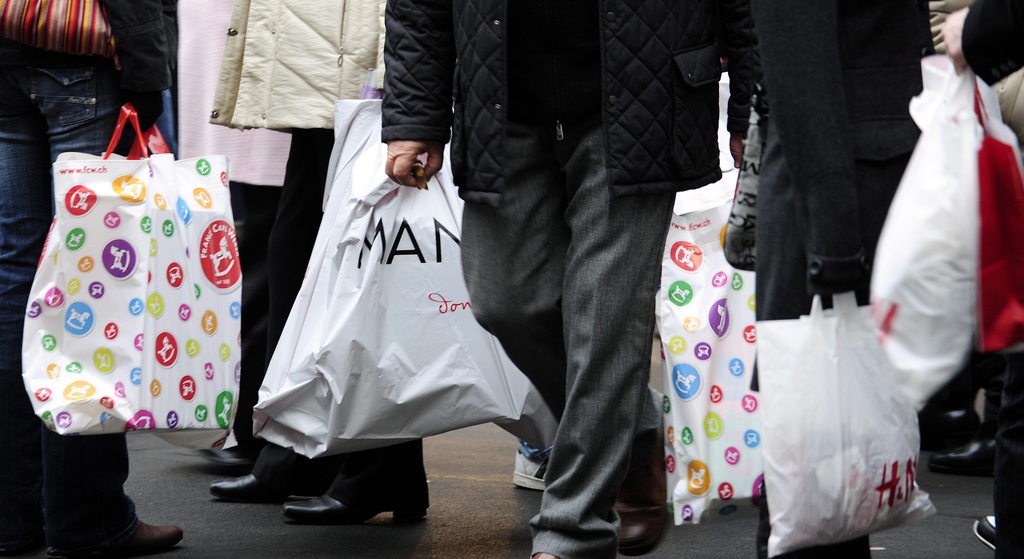
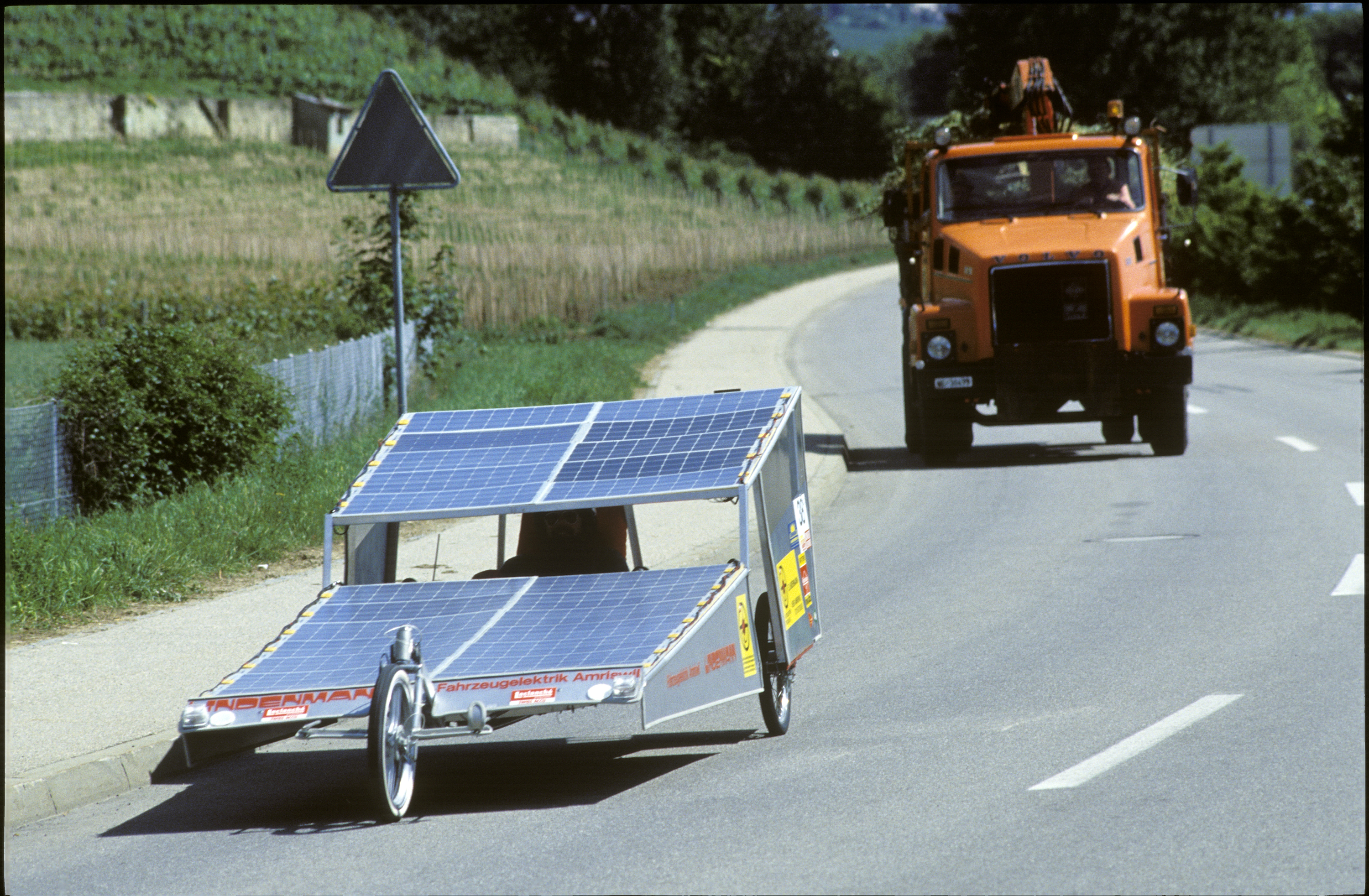
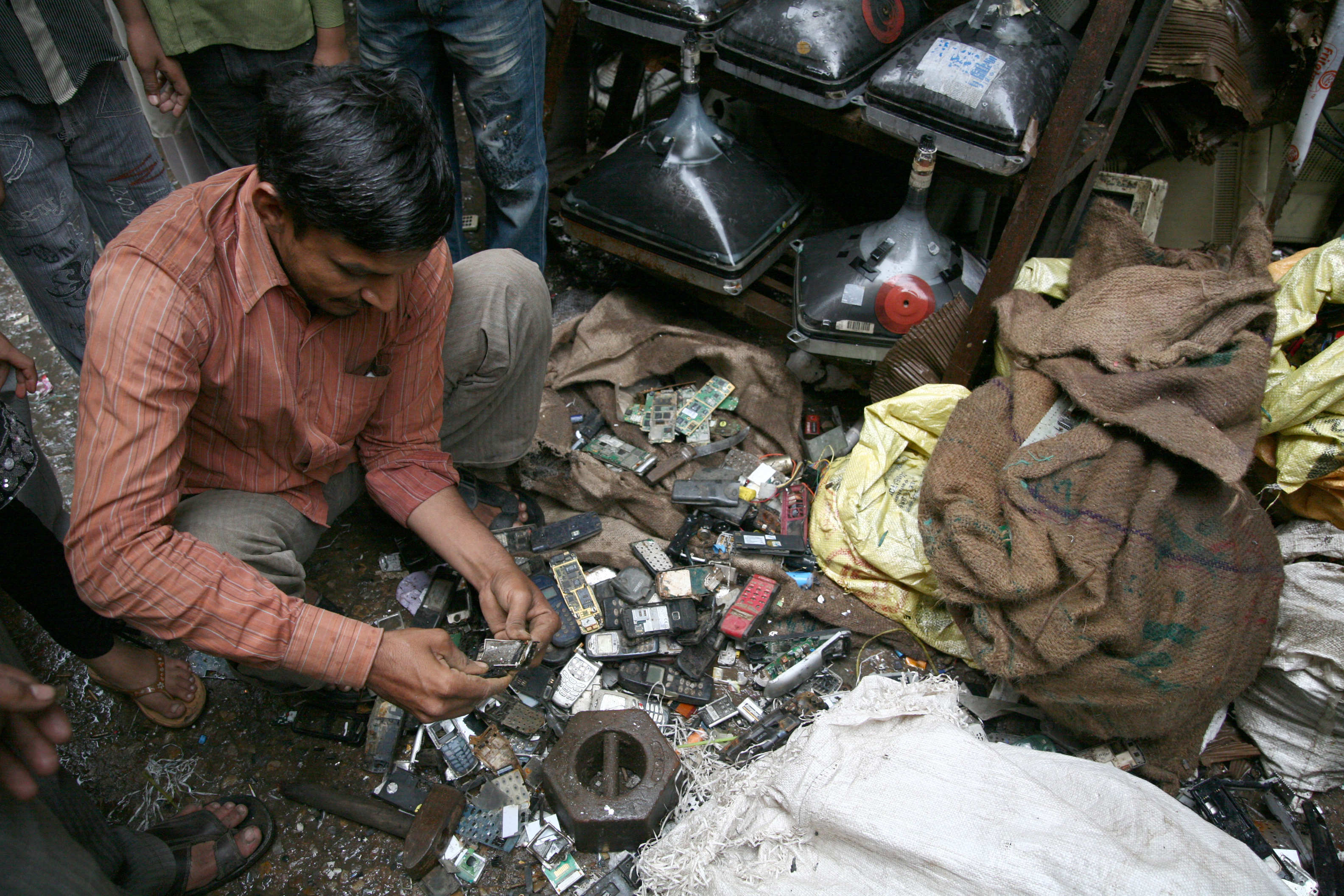
You can find an overview of ongoing debates with our journalists here. Please join us!
If you want to start a conversation about a topic raised in this article or want to report factual errors, email us at english@swissinfo.ch.